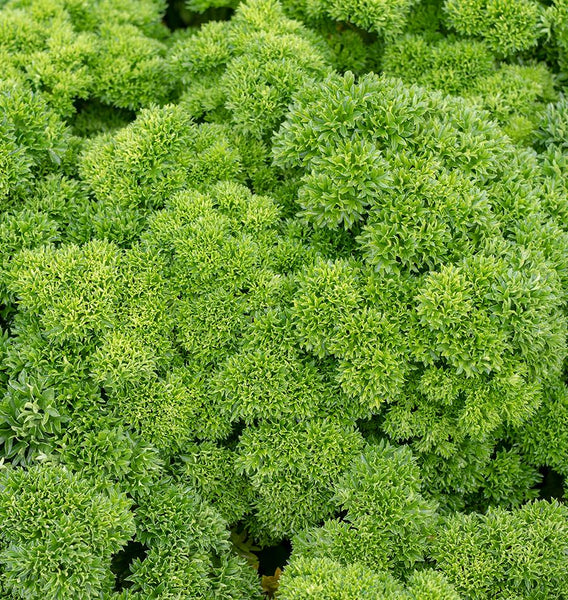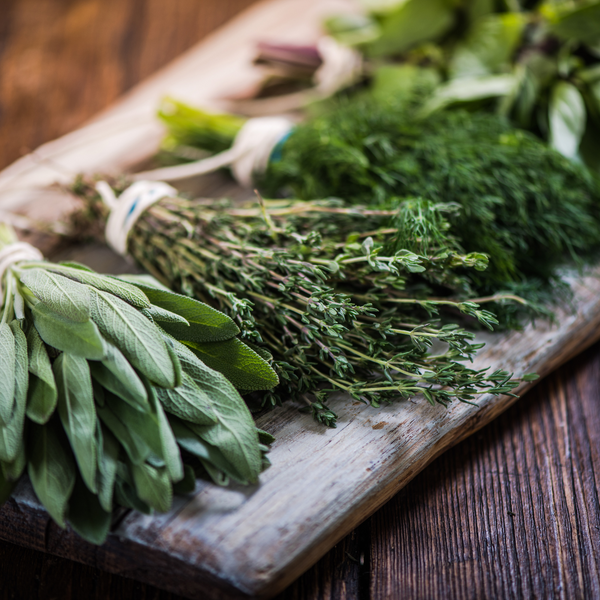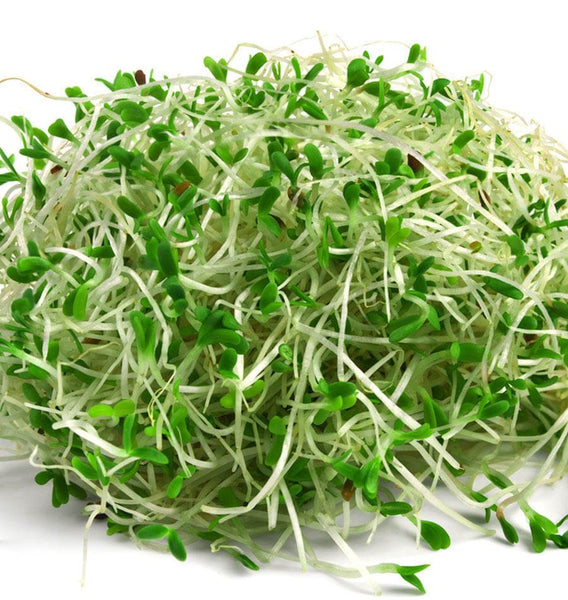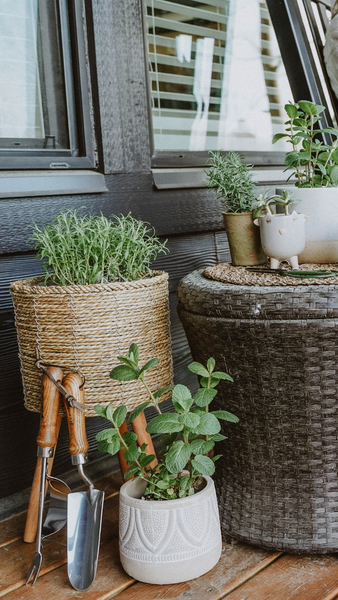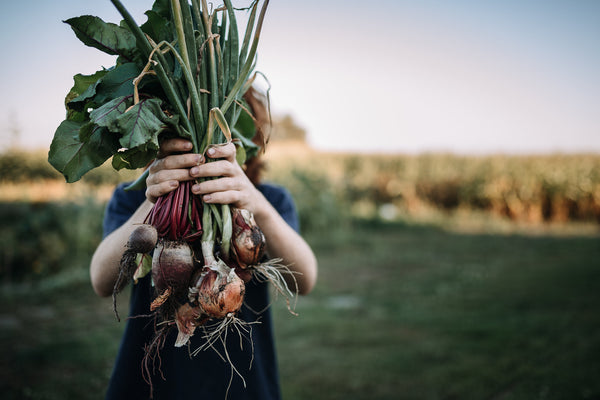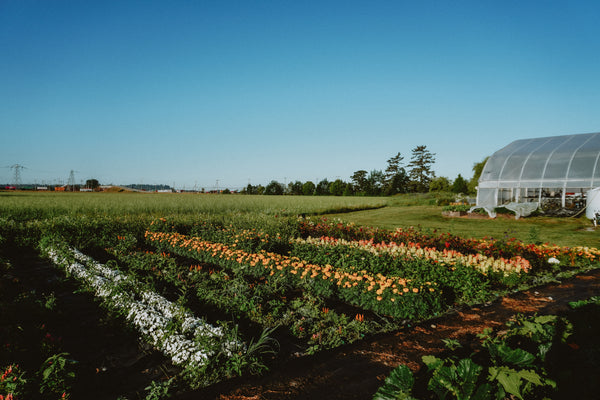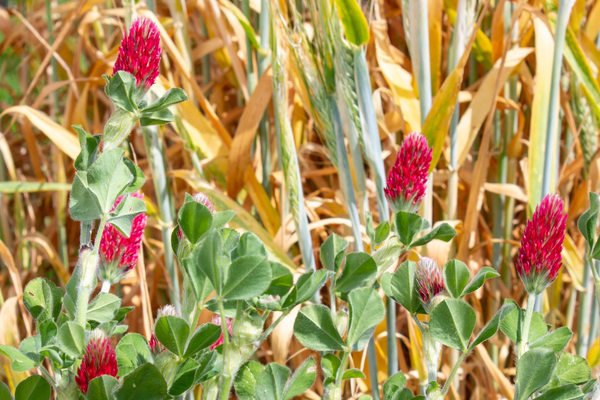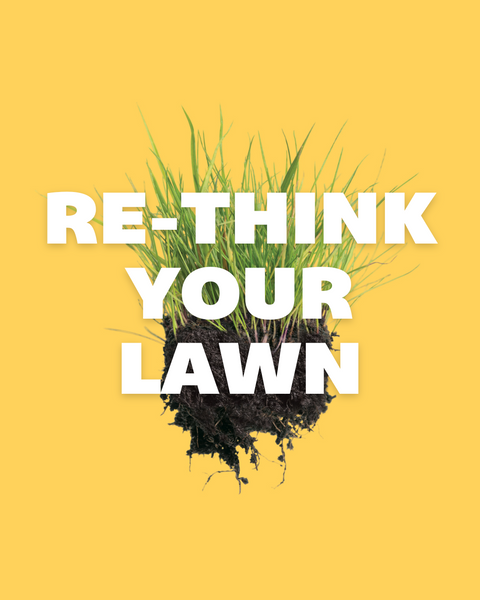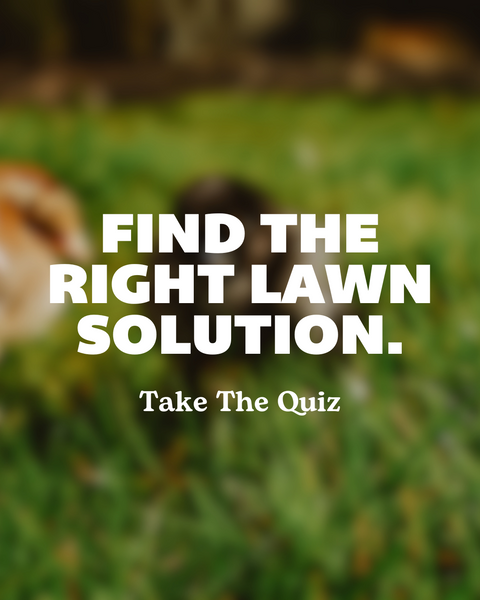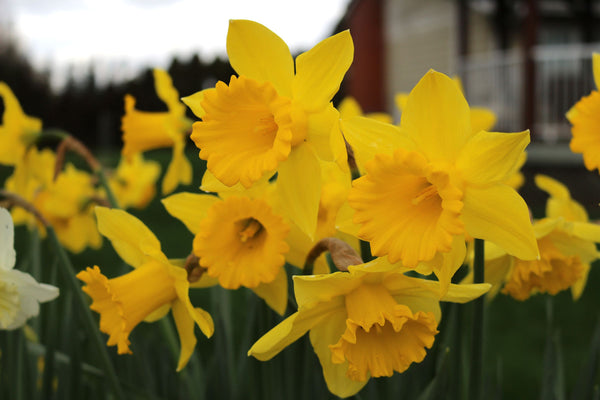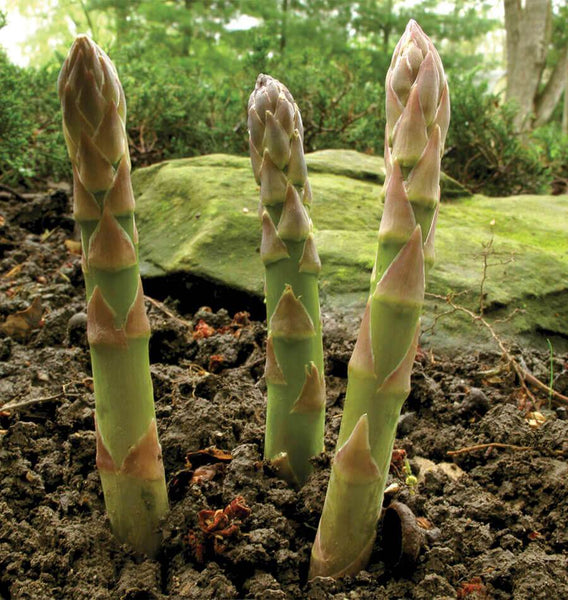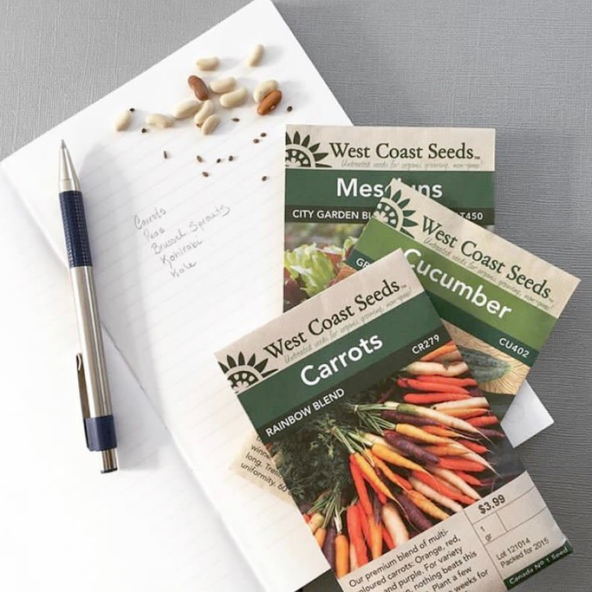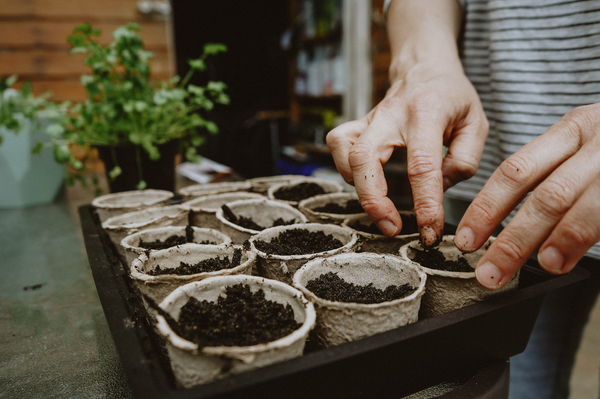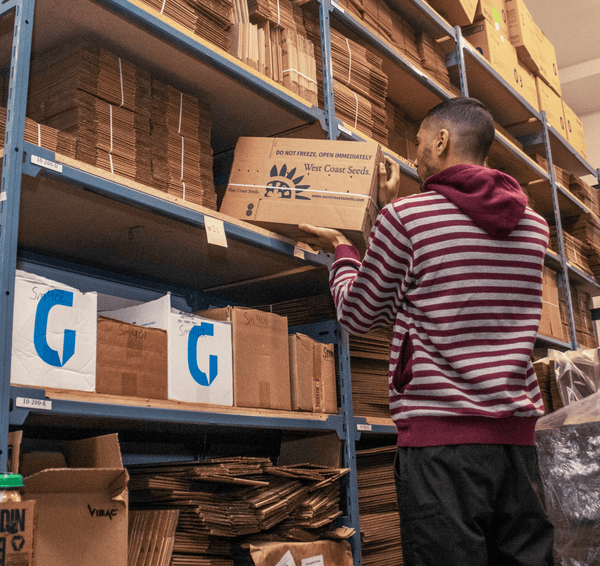🚚 Free Expedited Shipping on Orders $99 and Above. Learn More
Grow Together! 🌱 Give a friend $10 off, and get $10 off your next order. It’s that simple.
Support Food Banks Canada with every dollar spent — 15% sales donated from Black Friday to Cyber Monday.
Time remaining:
Time remaining:
Vegetables
Flowers
Herbs
Indoor & Speciality
Supplies
Farming
Lawn Solutions
Seasonal
Surplus Sale
WCS Academy
About Us
Close
- Shop All Vegetables Seeds
- New for 2025
- Organic Vegetables
- Garden Surplus Sale
- Amaranth
- Artichoke
- Arugula
- Asparagus Crowns
- Asparagus
- Bean
- Beet
- Broccoli
- Broccoli Raab
- Brussels Sprouts
- Cabbage
- Carrot
- Cauliflower
- Celery & Celariac
- Chicory
- Collards
- Corn
- Corn Salad
- Cover Crops
- Cress
- Cucumber
- Eggplant
- Endive
- Fennel
- Fruit
- Gai Lan
- Hops Rhizomes
- Kale
- Kohlrabi
- Leek
- Lettuce
- Melon
- Microgreens
- Mustards & Asian
- New Zealand Spinach
- Okra
- Onion
- Onion
- Pac Choi
- Parsnip
- Pea
- Pepper
- Potato
- Pumpkin
- Radish
- Rhubarb
- Rutabaga
- Salad Mix
- Seed Garlic
- Seed Potatoes
- Sesame
- Spinach
- Sprouting
- Squash
- Swiss Chard
- Tomatillo
- Tomato
- Turnip
- Wild Greens
Close
- Shop All Flowers Seeds
- New for 2025
- Organic Flowers
- African Violet
- Agastache
- Allium
- Alyssum
- Ammi
- Aster
- Aurinia
- Calendula
- California Poppy
- Campanula
- Celosia
- Cerinthe
- Clarkia
- Cleome
- Collinsia
- Columbine
- Coreopsis
- Cornflower
- Cosmos
- Cynoglossum
- Daisy
- Delphinium
- Dianthus
- Didiscus
- Echinacea
- Eryngium
- Eucalyptus
- Flax
- Foxglove
- Gaillardia
- Gilia
- Goji Berry
- Gomphrena
- Gypsophila
- Hollyhocks
- Iberis
- Lavatera
- Lobelia
- Lunaria
- Lupin
- Marigold
- Milkweed
- Morning Glory
- Nasturtium
- Native Flower
- Nemophila
- Nepeta
- Nicotiana
- Nigella
- Oenothera
- Ornamental Grass
- Ornamental Kale
- Pansies & Viola
- Phacelia
- Phlox
- Physalis
- Poppy
- Prunella
- Rudbeckia
- Salvia
- Saponaria
- Scabiosa
- Sisyrinchium
- Snapdragon
- Statice
- Strawberry
- Strawflower
- Stock
- Sunflower
- Sweet Pea
- Tithonia
- Wildflower
- Yarrow
- Zinnia
- All Microgreens Seeds
- Microgreen Pea Shoots
- Microgreen Sunflower Seeds Organic
- Microgreen Broccoli Organic
- Microgreen Arugula Seeds
- Microgreen Kale Seeds
- Microgreen Beet Seeds
- Two Week Microgreen Seeds
- Three Week Microgreen Seeds
- Microgreen Pac Choi Seeds
- Microgreen Swiss Chard Seeds
- Microgreen Amaranth Seeds
- Microgreen Radish Organic
- Microgreen Mustard Seeds
- Microgreen Kohlrabi Seeds
- Micro Fenugreek Organic
- Microgreen Basil Organic
- All Sprouting
- Alfalfa Sprouting Seeds Organic
- Broccoli Organic
- Wheatgrass Organic
- Mung Beans Organic
- Sandwich Booster Mix Organic
- Red Clover Organic
- Stainless Steel Sprouting Screen (1)
- Salad Sprouting Seeds Organic
- Fantastic Four Sprouting Collection
- Green Peas Organic
- Radish Organic
- Plastic Sprouting Screen/Lid
- Go Go Sprouting Seeds Organic
- Yellow Mustard Organic
- Fenugreek Organic
- Brown Mustard Organic
- Deluxe Sprouting Seeds Blend Organic
- Sprouting Jar with Metal Lid and Seeds
- Gourmet Sprouting Seeds Organic
- Green Lentils Organic
- Bean Salad Organic
- Barley Organic
- Sprouting Jar with Plastic Lid and Seeds
- Stainless Steel Sprouting Ring
- Adzuki Beans Organic
- Green Hunter Organic
- Stainless Steel Sprouting Screen and Ring
- Easy Sprout
- Care Bags
- Tea Garden Collection
- Medicinal Herbs and Flowers Collection
- Edible Flower Collection
- Cocktail Garden Collection
- Pollinator Paradise
- Hummingbird Collection
- Bee Garden Collection
- Butterfly Collection
- Beneficial Insect Collection
- Native Plants of British Columbia
- Native Plants of Ontario
- Native Plants of Quebec
- Native Plants of the Maritimes
- Native Plants of the Prairies
- Drought Tolerant Collection
- Cut Flower Collection
- Dried Flower Collection
- Fragrant Collection
- Bird Garden Collection
- Textile and Dye Collection
- Dark and Moody Collection
- Ground Cover Collection
- Part Shade Food Garden
- Chinese Vegetables Collection
- Japanese Collection
- Mexican Collection
- Salsa Garden
- Root Vegetables
Close
- Shop All Supplies
- Bird Seeds & Feeders
- Composting Tools
- Container Gardening
- Crop Protection
- Fertilizers
- Garden Wear
- Gifts and Essentials
- Hand Tools
- Harvest Tools
- Lighting
- Mason Bees
- Mulches
- Pest Controls
- Plant Labels
- Plant Supports
- Seed Sowing Tools
- Seeds Trays, Covers & Plugs
- Soil Amendments
- Soil Blockers
- Soil Testing
- Sprouting Equipment
- Watering
